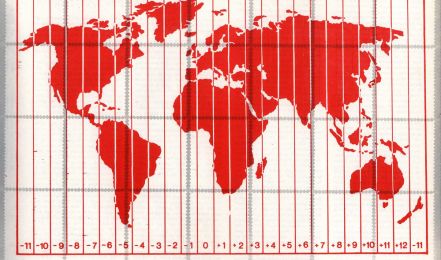Projects
Archive and Documentation Center (ADK)

Péter Korniss Archive
Photo history research
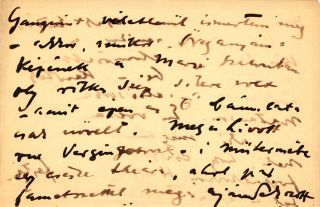
The Correspondence of József Rippl-Rónai
Primary source publications
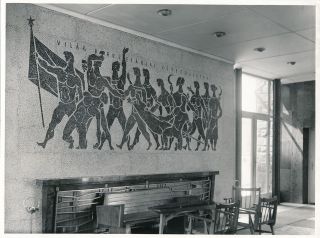
The Oeuvre of György Konecsni
Cold War Modernisms
Artpool Art Research Center
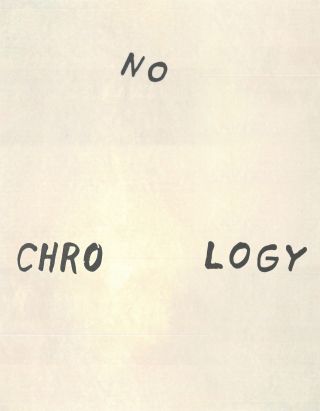
Mail Art Chro-No-Logy
Mail Art Research Project
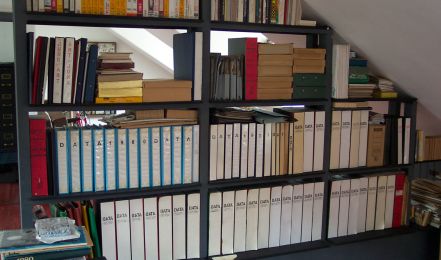
The Digital "Attic Archive"
A Case Study for Open Source Approaches to Artist Archives
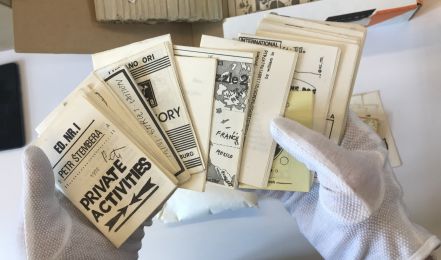
Artist Archives of the Future
Cooperation with the Andrzej Partum Archives
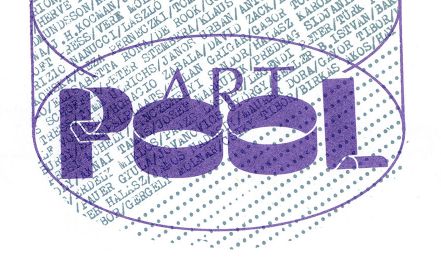
Artpool40 – Active Archives and Art Networks
International Conference of the Artpool Art Research Center
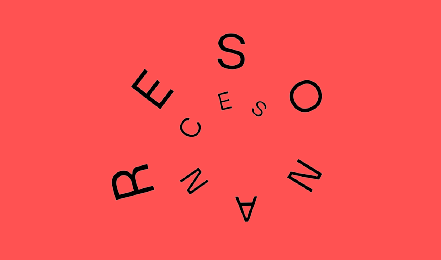
Resonances
Regional and Transregional Cultural Transfer in the Art of the 1970s
Added to cart!
© 2026
Museum of Fine Arts Budapest
– Central European Research Institute for Art History (KEMKI)
keyboard_arrow_up
– Central European Research Institute for Art History (KEMKI)




